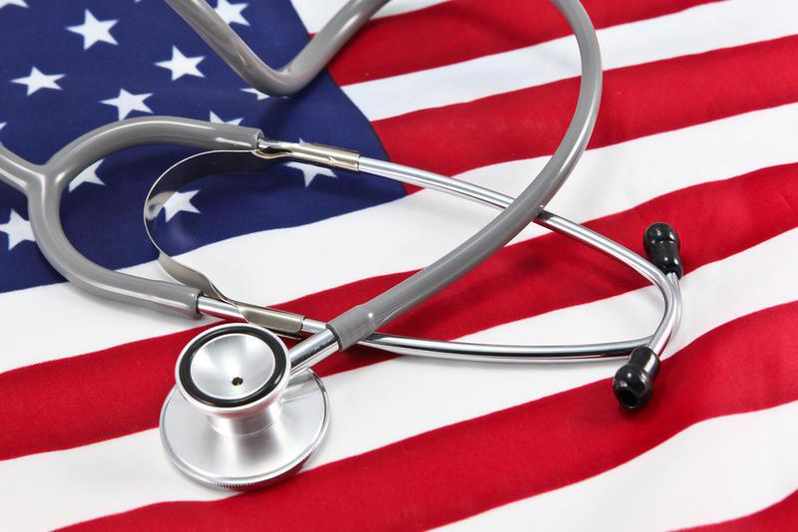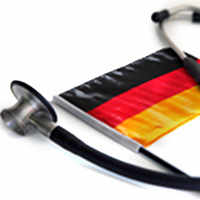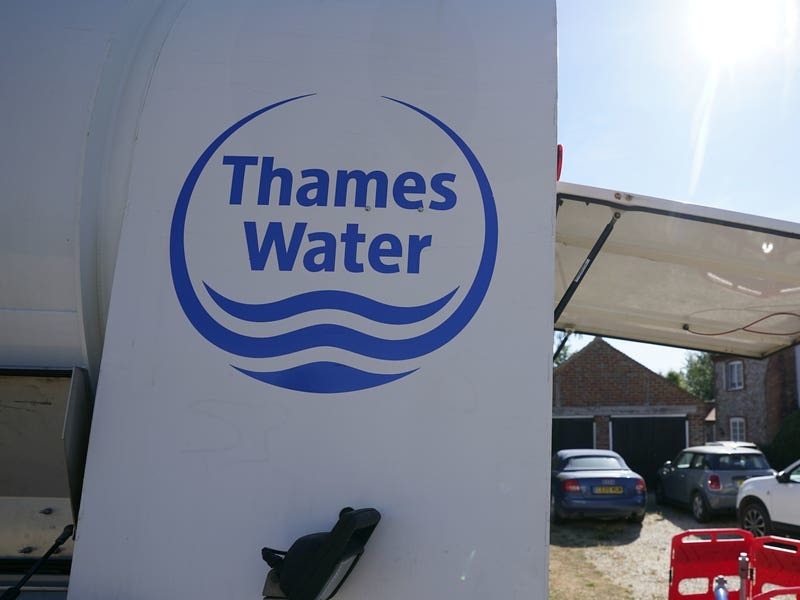- Politician believes Jersey should be transformed into a centre for excellence for private health care
- Deputy Andrew Green thinks we should target health tourists to help fund public services
- Council of Ministers currently discussing a new health charge that would bring in an extra £35 million
- Should Jersey target health tourists? Take part in our poll below
JERSEY should be transformed into a ‘centre for excellence’ for private health care and target ‘health tourists’ to help fund public services, a senior politician has said.
Public Accounts Committee chairman Deputy Andrew Lewis says there is a ‘real opportunity’ to market private operations, such as hip replacements, to people from outside the Island – a growing business sector around the world.

– Four options are currently being considered for a new hospital, by a team of external advisers brought in by the States. They include:
- Running a two-site facility, with the outpatients department moved to Overdale and the emergency, surgical and critical care remaining at a redeveloped General Hospital.
- Relocating the entire hospital to Overdale.
- Buying two hotels near to the existing Hospital the Stafford and the Revere and redeveloping the facility on one larger site.
- Building a new hospital at the Waterfront on an area north of the Radisson Hotel, currently earmarked for a housing scheme known as Zephyrus. This option would mean bulldozing the cinema and losing a large area of the public gardens at the Waterfront
– Two further sites, one off Queen’s Road and the other at St Saviour’s Hospital, are also understood to have been initially considered but were quickly deemed unsuitable.
– A team from consultants Gleeds have been brought in to investigate the potential sites and that feasibility review is costing taxpayers more than half a million pounds.
– The four options are now being considered after the Health, Social Security and Housing Scrutiny Panel said that they were ‘unconvinced’ by the original dual-site option and recommend that the project be re-examined and brought back to the States for approval.
And Health Minister Andrew Green has said that private health services already available at the Hospital now need to be more ‘commercial’ – although this will require a change in the law.
The Council of Ministers are currently discussing a new ‘health charge’ that would bring in an extra £35 million as one of a package of measures to fill a £125 million shortfall by 2019.
Ministers say that an extra £50 million is needed for improvements to public health services and to cope with the ageing population in the longer term.
Currently the Island’s legislation does not allow the Hospital to make a profit from services at its private wing, but Senator Green says he has already put in a request for a change in the law.
He also believes the department needs to take a more commercial approach to private work and that in the longer term this income could contribute to the ongoing costs of the new hospital.
Both States Members were responding to a report published last week by the States Comptroller and Auditor General, Karen McConnell, which suggests that the Hospital could increase income from private patients if the charges for facilities and equipment were properly costed and monitored.
Deputy Lewis said: ‘In a nutshell, Health may be subsidising private patient health care with taxpayers’ money. Given the state of our public finances, that issue needs to be addressed very quickly.’
As examples, he said that despite a recent £12 million investment in a new department IT system, up to ten forms had to be completed in order to raise an invoice, and that medical instruments used in surgery on private patients were not always charged for.
‘The overriding theme seems to be that our biggest-spending department needs to be more commercial. Health is good at chasing up the bills it issues for private patient care, but the report asks some hard questions about the way the department calculates those bills in the first place.
‘It is not a trading entity, so it is not being run like a business. But if we get it right, there is a real opportunity for health tourism – for example, hip replacements. People could come here, their families could come here, and we could charge a premium for that.
‘The consultants could be the best in the world – we already do a lot here, but it could be a centre of excellence and that could help to fund our public health services, and local people could use it as well.’
Senator Green said that he had only discovered two months ago that it was illegal to make a profit on services at the Hospital’s private wing. ‘That’s what we need to change,’ he said. ‘I asked the Treasury Minister a month ago to look at changing the law. I think there is an opportunity to make a contribution to the new hospital.
‘We do need to make it more commercial, although the report found that billing is very good, in that the bills went out, debtors were low and money was recovered in good time. The query was whether the bills were right in the first place.’
Senator Green confirmed that in terms of the £35 million health ‘tax’, options still on the table include the reintroduction of prescription charges, increases to the Health Insurance Fund paid through Social Security, and co-payment arrangements with GPs and other providers.
‘I am not ruling anything out,’ he said.
The JEP recently reported that more money could also be made from private patient services, according to the States Comptroller and Auditor General

America – Heath care is private sector funded, with more than half from private source. Private health insurance is available through employers, the government or private schemes, however 15.3% of the population (45.7 million people) do not have health insurance.
The UK – Health care is public sector funded by taxation and some national insurance contributions. About 11% of people have private health insurance. Healthcare is free at the point of delivery, but there are charges for prescription drugs (except in Wales), ophthalmic services and dental services. However, about 85% of prescriptions are exempt, with exemptions including children, the elderly, and unemployed.

In addition, most people have extra private insurance to cover areas that are not eligible for reimbursement by the public health insurance system. Patients pay doctor’s bills and are reimbursed by sickness insurance funds.
Singapore – There is a dual system funded by private and public sectors. The public sector provides 80% of hospital care and 20% primary care. The system is financed by a combination of taxes, employee medical benefits, compulsory savings in the form of Medisave, insurance and out-of-pocket payments. The government subsidises basic healthcare but patients are expected to pay part of their medical expenses and to pay more for higher level of service.
Germany – There is a social insurance model of health care and people can buy their insurance from one of more than 200 private, non-profit sickness funds. The country runs a single-payment system, but instead of the government negotiating the prices, the sickness funds bargain with doctors as a group. Germans can go straight to a specialist, but may be charged more if they do.






